Wednesday, August 4, 2021
Touareg Albums | The Essential 10
Nigel Williamson selects ten albums that best showcase the inimitable Touareg desert groove sound
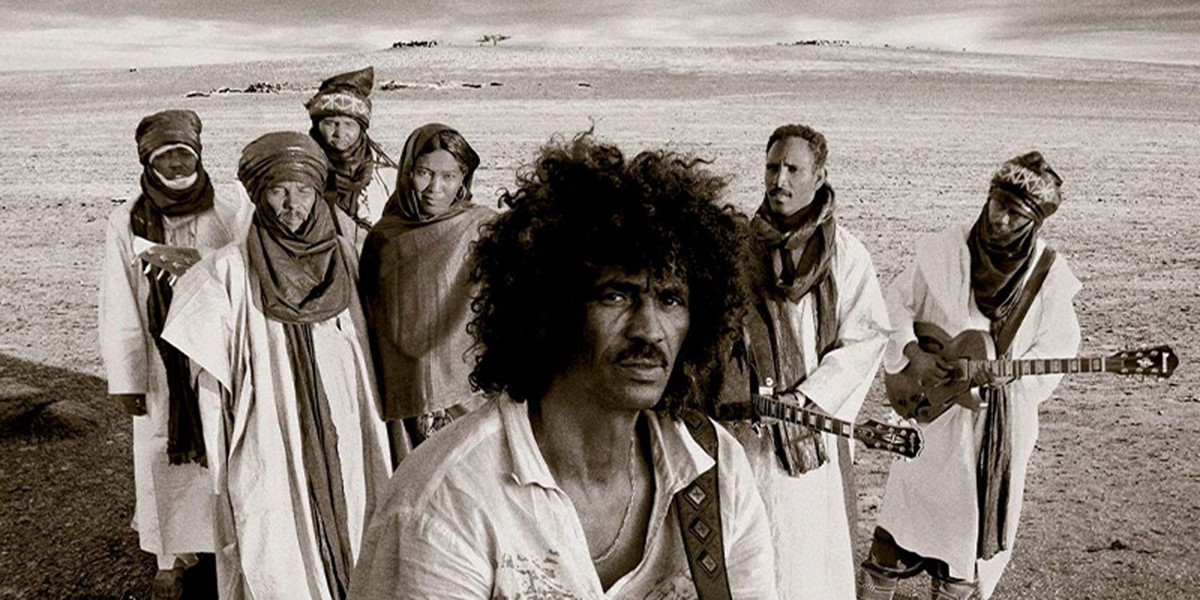
Songlines is the indispensable guide to the best music from around the world – subscribe today
1
Alhousseini Anivolla
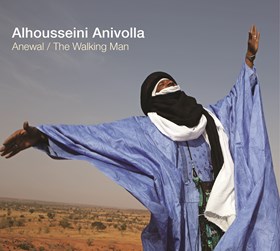
Anewal (Riverboat Records, 2012)
The Etran Finatawa guitarist and singer’s first solo album told of a personal journey from the desert to the city and the world stage – and back again as he returned to Niger to herd animals in the desert. Deeply evocative and imbued with a subtle dignity, the set’s effectiveness lies in the simplicity of its adherence to the core elements of the timeless desert blues sound.
2
Bombino
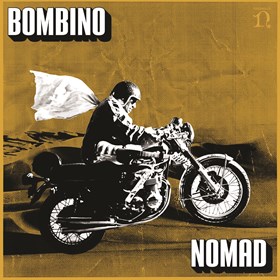
Nomad (Nonesuch, 2013)
Touareg desert blues goes psychedelic on Bombino’s third album. Produced by Dan Auerbach of the Black Keys in Nashville, Nomad finds the singer-guitarist transcending the familiar Tinariwen palette with the addition of keyboards, vibes and even lap steel, although it’s Bombino’s rock heft and vaguely Hendrix-like guitar playing that holds centre stage.
3
Etran Finatawa
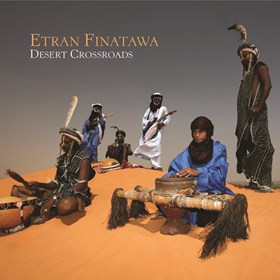
Desert Crossroads (World Music Network, 2008)
The Niger-based Etran Finatawa comprises members of two tribes – Touareg and Wodaabe – the latter adding rich variation to the familiar nomadic desert blues template. The guitars and rhythms are mostly classic Touareg, but the Wodaabe influence is heard in the warmth of the contrapuntal vocals and gentle pulses of percussion.
4
Kel Assouf
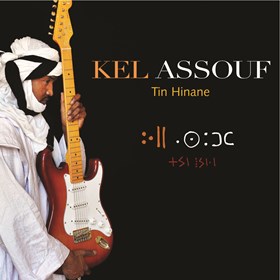
Tin Hinane (Igloo, 2010)
Formed in Brussels in 2006 by musicians from Niger, Kel Asouf represent the sound of a new Touareg generation, as familiar with the hyper-modern tumult of the urban jungle as the eternal peace of the desert. Rock drums and slashing guitar riffs combine with traditional Tamasheq chants and cosmopolitan touches of reggae, Afrobeat and even salsa.
5
Tamikrest
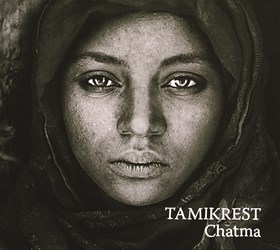
Chatma (Glitterbeat, 2013)
Driven out of Mali and into exile in Algeria by Islamist extremists, Tamikrest’s third album was heavily influenced by the conflict but took as its uplifting theme the courage of Touareg women in the face of suffering and adversity (Chatma translates as ‘Sisters’). Built around jagged guitar lines and inspirational vocals, the approach ranges thrillingly from the traditional to the experimental.
6
Tartit
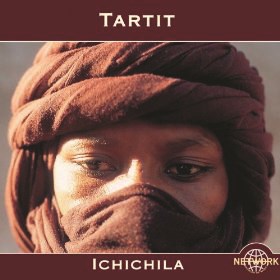
Ichichila (Network Medien, 2000)
This is one of the first recordings of a Touareg band to reach the West; a beguilingly minimalist collection by the all-female vocal group Tartit. Led by Fadimata Walett Oumar (known as ‘Disco’ and who recently featured in the documentary They Will Have to Kill Us First), their trance-like call-and-response vocals are accompanied by tinde drums and handclaps with splashes of guitar from Mohamed Issa Ag Oumar, who went on to form Imarhan.
7
Terakaft
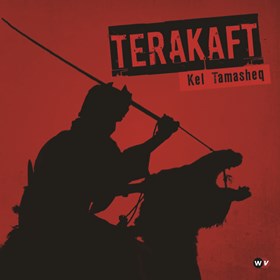
Kel Tamasheq (World Village, 2012)
An offshoot from the mighty Tinariwen tap-root, Terakaft recorded this album in Bamako with producer Justin Adams bringing his experience to the table and friends from Lo’Jo adding female vocals and violin. Recorded in Bamako shortly before Islamist extremists overran northern Mali, their desert blues is supplemented by an upbeat ‘Say it Loud, We’re Tamasheq and Proud’ spirit.
8
Tinariwen
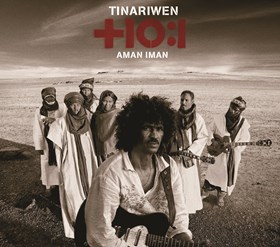
Aman Iman (Independiente, 2007)
The daddy of all the Touareg guitar bands, by the time of their third album, Tinariwen had toured the world and were rocking righteously. Producer Justin Adams put the emphasis firmly on the guitars and the funkiness of the rhythms, bringing them to the attention of a new indie rock audience that thought it didn’t even like ‘world music.’
9
Toumast
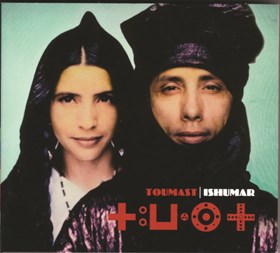
Ishumar (Real World, 2007)
Led by former Tinariwen member Moussa Ag Keyna and featuring the haunting vocals of his niece Aminatou Goumar, Toumast’s debut hardly broke new ground; but with the assistance of French producer Dan Levy, the élan with which they essay the trademark hypnotic grooves of Touareg guitar music makes Ishumar a classic of the genre.
10
Faris
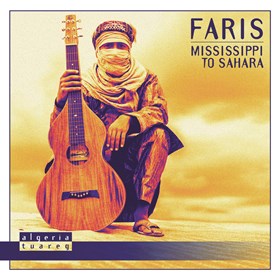
Mississippi to Sahara (Wrasse, 2015)
Born to a Touareg mother and European father, Faris creates intriguing versions of classic American blues songs, by translating the lyrics into Tamasheq and introducing slide guitar into the desert blues, he takes them back to their spiritual home in West Africa.

